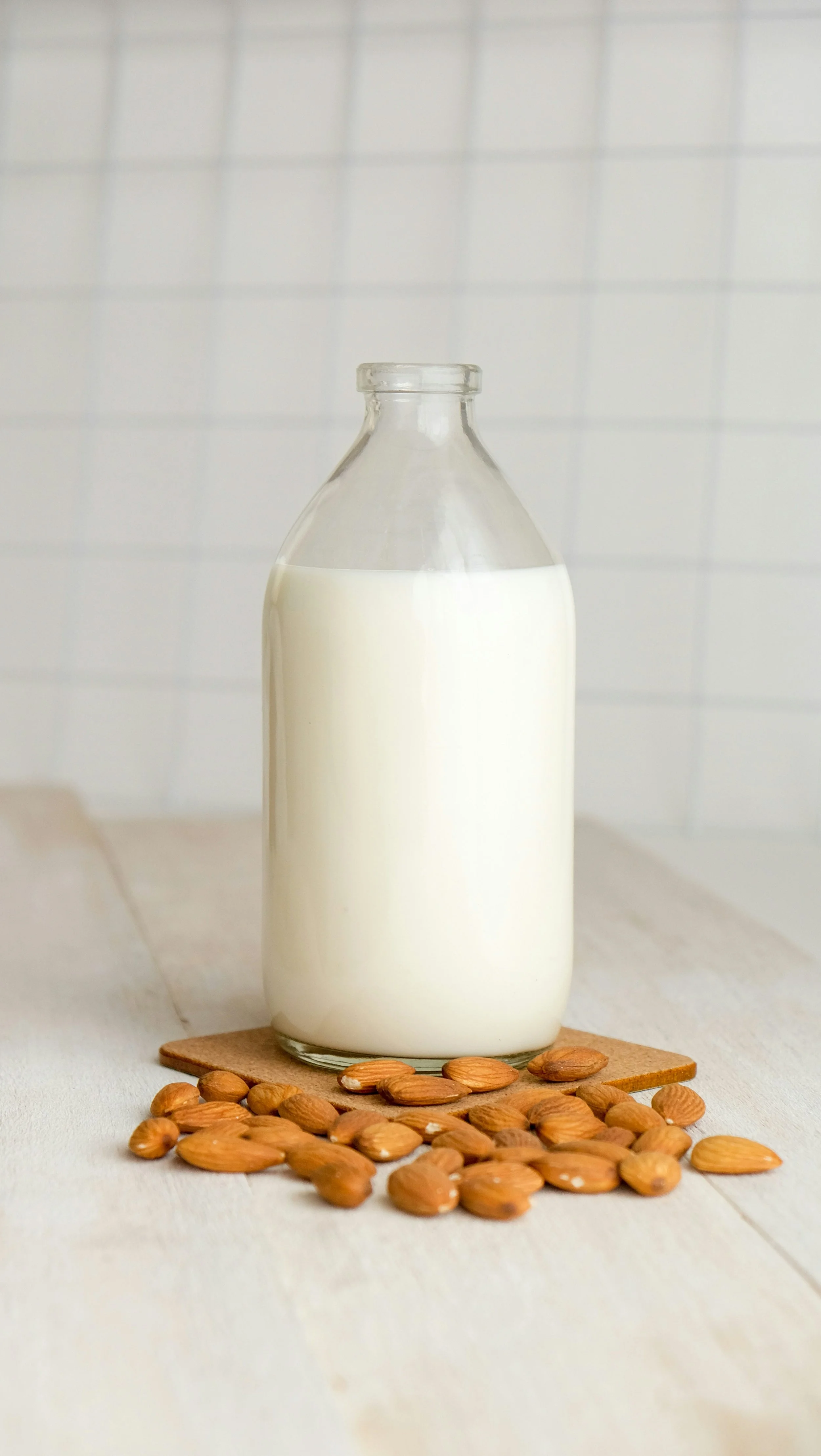Uh, Bloating
I think more people struggle with it than we realize. I notice it most when I’m in swimsuits or workout clothes—it’s not always easy to hide, and honestly, it’s uncomfortable. Not exactly the most glamorous thing to talk about, but the truth is women (and men) deal with it far more often than they should.
Here’s the thing: occasional bloating can be normal. But when it’s happening every single day, or leaving you feeling sluggish, foggy, or swollen, that’s not normal. And you don’t have to just live with it.
When bloating is considered normal:
There are times when your body naturally holds a little extra fluid or slows digestion:
Hormonal shifts during the menstrual cycle (especially before your period)
After a large meal—especially one high in salt, sugar, or fiber
During times of stress, travel, or lack of sleep when digestion is thrown off
When you’re eating a lot more fiber without enough water
As your body adjusts to new supplements or probiotics
These scenarios usually pass within a day or two.
When bloating is not normal:
But bloating should not be something you experience daily. Watch for these red flags:
It happens most days or every day
It’s paired with pain, constipation, diarrhea, or fatigue
It comes on suddenly or feels severe and unexplained
It’s tied to specific foods consistently (a sign of food intolerance or imbalance)
It causes distension—your stomach looks or feels visibly swollen
Common underlying causes of chronic bloating:
If your bloating doesn’t seem to fit the “normal” patterns, there’s usually a root cause worth exploring:
Gut dysbiosis (imbalanced gut bacteria)
Constipation or sluggish digestion
Food intolerances (dairy, gluten, FODMAPs like beans, garlic, onions)
Low stomach acid
Stress and poor meal-time habits
Lack of digestive enzymes
A Simple Bloating Triggers Checklist
Here’s a quick gut check (no pun intended). Do any of these sound familiar?
I eat too fast or don’t chew well
I eat while stressed, distracted, or rushed
I don’t have daily bowel movements
I feel bloated after dairy or gluten
Beans, onions, garlic, or cruciferous veggies make me swell up
I eat a lot of processed snacks or protein bars
I’ve taken antibiotics or antacids recently
I get bloated before or during my period
I rarely eat probiotic-rich or fermented foods
I often feel tired, foggy, or puffy along with bloating
If you checked off several, keep reading—because bloating is your body’s way of asking for support.
Remedies for Common Bloating Triggers
If you eat too fast or while stressed:
Take 3 deep belly breaths before meals
Chew each bite 15–20 times to help digestion
Sit down to eat without screens or multitasking
Sip on calming teas like ginger, peppermint, or chamomile after meals
If you don’t poop daily:
Start your morning with warm water and lemon or a pinch of sea salt
Add 2–3 tbsp of ground flax, chia, or soaked psyllium daily
Aim for 25–35g of fiber plus magnesium support (citrate or glycinate often help)
Move your body daily with walking or gentle exercise
If dairy or gluten are triggers:
Take a 2–3 week break and see if symptoms improve
Use dairy-free swaps like coconut yogurt or almond milk
Pay attention to other signs of sensitivity (fatigue, acne, congestion)
Consider a guided elimination diet or food sensitivity test
If beans, garlic, or broccoli bloat you:
Cook these foods well—roasted or sautéed is easier to digest than raw
Start with smaller portions and slowly reintroduce
Try digestive enzymes before meals
If symptoms persist, explore a low-FODMAP approach short term
If you rely on bars, shakes, or processed snacks:
Replace with simple, real snacks like boiled eggs, fruit and nuts, or smoothies
Check labels for sugar alcohols and gums (erythritol, maltitol, carrageenan)
Choose whole-food proteins and reduce artificial sweeteners
If you’ve taken antibiotics or antacids recently:
Rebuild with a high-quality probiotic and fermented foods (sauerkraut, kefir, yogurt)
Add prebiotics like oats, bananas, onions, and garlic (as tolerated)
Support gut healing with L-glutamine or marshmallow root
Help stomach acid production with apple cider vinegar or bitters before meals
If bloating gets worse around your period:
Focus on magnesium-rich foods like avocados, pumpkin seeds, and dark leafy greens
Cut back on salt, alcohol, and sugar the week before your period
Stay hydrated and stabilize blood sugar with protein and fiber
Try anti-inflammatory herbs such as turmeric and ginger
If bloating comes with fatigue, puffiness, or brain fog:
Try a gentle gut-liver reset (morning lemon water, hydration, sleep, and sweating)
Reduce sugar for 5–7 days and focus on whole foods
Minimize toxic load (skincare, plastics, fragrances)
The Bottom Line
Occasional bloating is common, but daily bloating is a signal from your body. It’s not something you have to put up with, and the solutions are often simple, natural, and completely within your control.
The good news? With a little detective work and a few lifestyle tweaks, you can identify your triggers and start feeling lighter, clearer, and more energized—without the daily discomfort of bloating.
Because no, bloating does not have to be your normal.
READY TO LEARN MORE?
• During my Brain and Body or Elevated Nutrition Coaching sessions, we’ll explore plans to help you get your health back to tip top shape! Visit this link to learn more and get started today: Brain and Body Nutrition or Elevated Nutrition Group Nutrition Coaching.
• Visual Learners: Did you know I have a YouTube channel!? Check us out at www.youtube.com/@live.right.nutrition
• Social Media: Stay inspired—follow us @live.right.nutrition for fresh updates, tips, and more!







